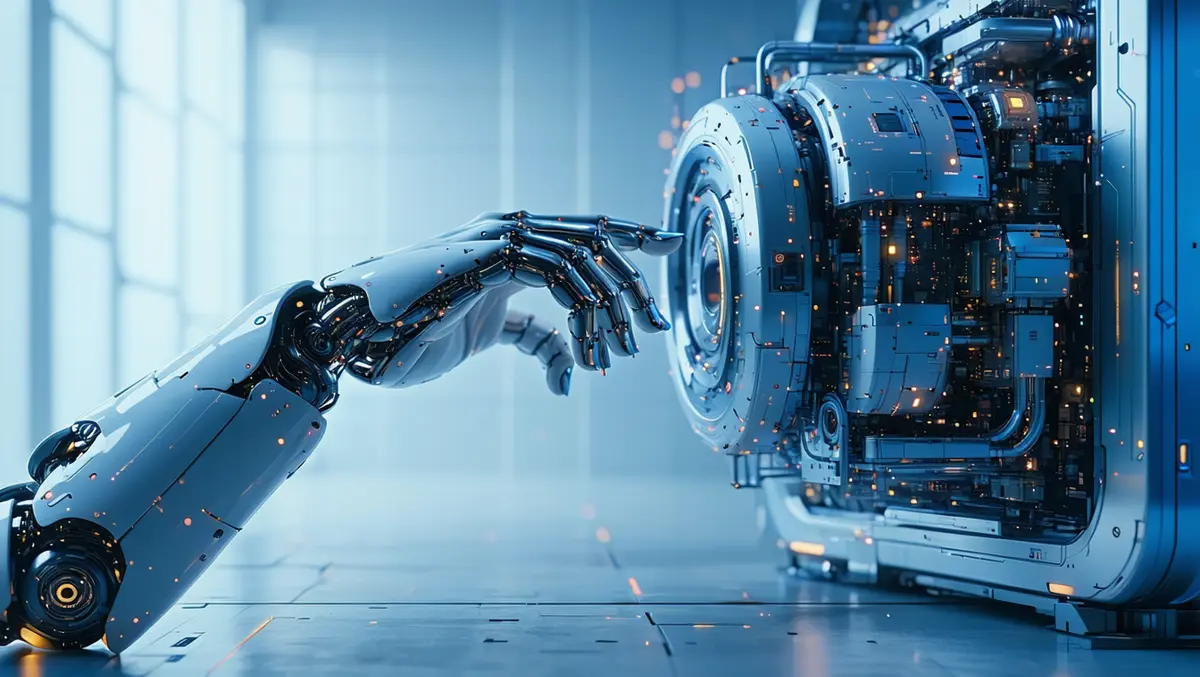
Will AI replace automation?
Artificial intelligence (AI) is revolutionising the automation and software development landscape with advanced tools like GPT-4 now capable of generating code and offering solutions to intricate problems. All of which prompts the question: Is the role of automation experts becoming obsolete? Declan Cavanagh, Technical Consultant for AI at Avec, shares his insights.
The strengths of AI in automation
AI's capabilities in automation are truly impressive. The Microsoft 365 Life Hacks article highlights how AI is significantly accelerating coding and problem-solving by automating repetitive tasks and streamlining workflows. For instance, AI tools can generate boilerplate code, perform basic debugging, and offer recommendations for improving efficiency. Declan shares, "In my own work, AI tools like GPT-4 achieve success about 80% of the time, allowing my team and our clients to accomplish more in less time and focus on higher-value tasks. This productivity boost is one of the most significant advantages of incorporating AI into automation workflows."
However, even with this seemingly impressive 80% success rate, the remaining 20% highlights a critical limitation. According to Declan, "AI tools struggle with nuanced or ambiguous tasks. They are only as good as their training data and algorithms, which means they often fail to adapt to unique or complex requirements. While AI can handle routine problems with remarkable efficiency, it lacks the contextual understanding and creativity needed for bespoke solutions."
The myth of 'AI as a replacement'
The idea that AI will entirely replace programmers and automation experts is not a new one. Supporters of this perspective frequently highlight AI's capability to write code, yet they often neglect the complexities inherent in software development. Writing code is just one aspect of a broader process that encompasses design, deployment, debugging, and long-term maintenance. As Declan points out, "Clients often underestimate these complexities, assuming that AI tools can manage an entire project autonomously. While GPT-4 can draft a functional application, it cannot deploy the solution, ensure compatibility with existing systems, or maintain the software as requirements evolve. Moreover, AI-generated solutions may appear correct but often falter under real-world conditions where integration and scalability are crucial."
The case for human expertise
Working with human experts ensures the success of automation projects where AI alone might falter. BP-3 highlights that automation experts play a pivotal role in navigating complex systems, identifying misaligned processes, and ensuring that solutions are scalable and adaptable. AI tools lack the capability to comprehend the broader organisational context or effectively address edge cases.
Human experts also bring creativity and judgement to the table. As Declan notes, "When AI-generated solutions fall short, experts can evaluate alternative approaches, customise solutions to meet unique needs, and ensure that ethical and business considerations are integrated into the process. These tasks require a level of critical thinking and domain expertise that AI cannot replicate."
The collaborative future of AI and experts
Rather than replacing automation experts, AI tools should be seen as co-pilots. By handling routine tasks, AI allows experts to focus on higher-level challenges, such as strategic decision-making, system architecture, and user experience, creating a collaborative future where productivity and innovation thrive. According to Declan, "Clients who believe they can bypass experts entirely often learn the hard way. While tools like GPT-4 are powerful, they are not substitutes for nuanced skills required to implement and maintain robust applications. Automation experts bridge the gap between AI-generated outputs and real-world solutions, ensuring that projects meet business goals and long-term requirements."
So, where do we come in?
While AI is a transformative force in the world of automation, it cannot replace the expertise of human professionals. Tools like GPT-4 can achieve impressive results, but their limitations become apparent in complex or context-dependent situations. Automation experts provide the critical thinking, creativity, and strategic oversight necessary to ensure that AI solutions are seamlessly integrated and effectively maintained. Reach out to the Avec team today to learn more about how an AI and automation solutions can propel your projects.

